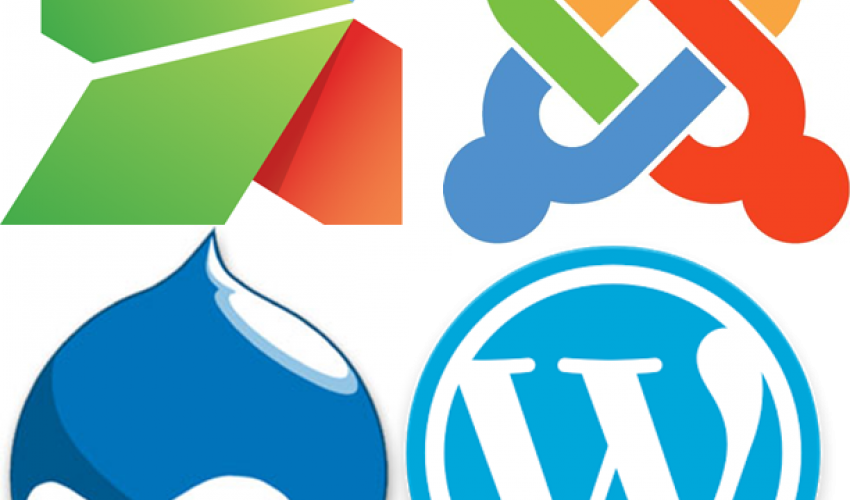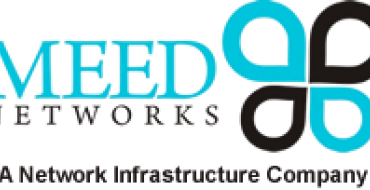
A content management system (CMS) is a software application or set of related programs that are used to create and manage digital content. CMSes are typically used for enterprise content management (ECM) and web content management (WCM). An ECM facilitates collaboration in the workplace by integrating document management, digital asset management and records retention functionalities, and providing end users with role-based access to the organization's digital assets. A WCM facilitates collaborative authoring for websites. ECM software often includes a WCM publishing functionality, but ECM webpages typically remain behind the organization's firewall.
An example of a CMS application is a Web Application that provides the following administration, control panel or website management functionalities:
-
Create, Edit, Publish, Archive web pages
-
Create, Edit, Publish, Archive articles
-
Create, Edit, Publish, Archive press releases
-
Create, Edit, Publish, Archive blogs
-
Add / Edit events into an Event Calendar
-
etc.
There is a misconception about CMS that it will eliminate a need for hiring a web developer or programmer to make changes to a website. That is not true in many cases.
Most CMS systems especially the Open Source CMS systems that are bloated to cover every possible functionality (whether needed or not) will require an experienced web programmer to make any customizations for tailoring to one's business objectives and for maintaining a large scale project.
The Top 10 CMS in vogue are;
WordPress
Joomla
Modx
TextPattern
RefineryCms
Drupal
Concrete5
DotNetNuke
Umbraco
TinyCMS
- Log in to post comments





